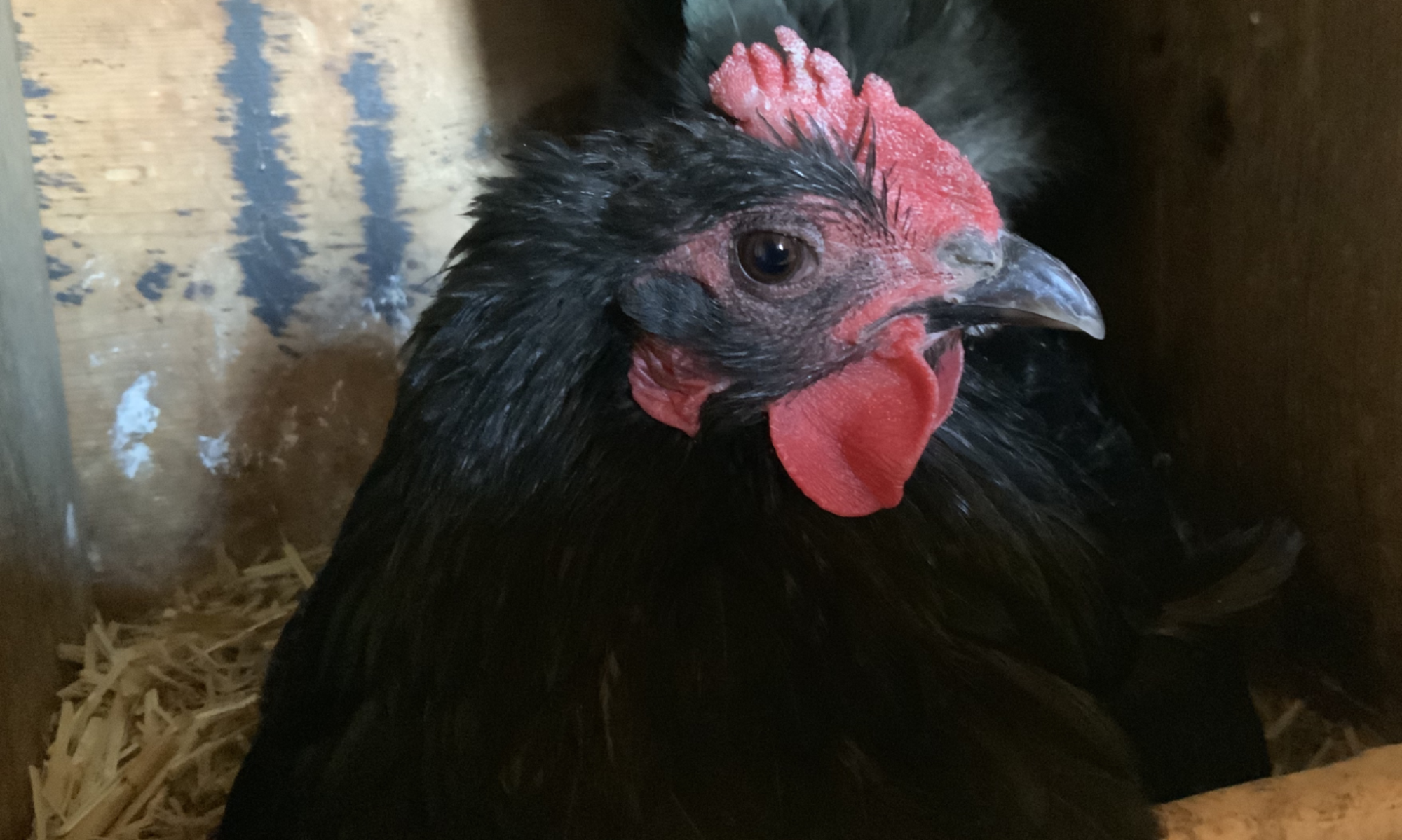First let me clarify that I am not a veterinarian. I do know from having animals that there are occasions when you can not get a hold of your vet and you need to make decisions regarding your animals based on knowledge, experience, and even the internet. I have a really good vet, but he’s entitled to time off every now and then. It seems like nights, weekends, and holidays are prime times for animals to get ill or injured. This is why it is important to educate yourself, talk with your vet ahead of time, and seek out reputable sources on the internet before you need to treat your animal. Be prepared! I recently read on an animal Facebook group about a person looking for help with a sick dog, and holy cow, the suggestions for possible treatments ran the gamut. There was one suggestion to give the dog nighttime Tylenol, that made me cringe. Sometimes we think that if it’s ok for people, it’s ok for animals. And that is just not true!

Animals are built differently than people. Even animals are not all created the same. Different species of animals have different digestive systems, different metabolism rates, produce different digestive enzymes, have different proteins that breakdown food and medications differently. All these things factor in to how an animal will react to a food or medication. Dogs are carnivores, and eat mostly meat. Their bodies don’t produce the enzymes necessary to properly breakdown plant chemicals. Chickens are omnivores and their bodies are required to breakdown both plant and meat chemicals. Goats are ruminant herbivores. Their digestive systems include multiple stomachs, rumen bacteria and digestive enzymes. Chickens don’t have the enzyme necessary to breakdown dairy products. Dogs are three times more sensitive to a caffeine-like substance in chocolate that makes those decadent morsels toxic to our canines.
Let’s look at pain relievers here for a minute. There are a lot of non-prescription pain relievers on the market for humans. You have plain ole buffered aspirin, acetaminophen, and ibuprofen which are considered NSAIDS (non-steroidal anti-inflammatory drugs). All of these drugs go by names such as Bayer, Tylenol, Advil, Motrin, and more. These drugs work on a cellular level and help decrease pain, reduce fevers and lessen swelling. When a cell is hurt or damaged, it releases a chemical that makes its way to the brain telling it every little detail about what hurts and where. Pain relievers basically keep injured cells from making and releasing these chemicals, so the brain is not made aware of any pain.

There are also many different pain relievers formulated especially for our animals: meloxicam, phenylbutazon, carprofen, ketoprofen and flunixin meglumine. You might recognize them better as Bute, Banamine and Rimadyl. All of these analgesics require a veterinary prescription. So what can you safely use on your animal when the vet is out and you feel that something needs to be given? Buffered aspirin is a fairly safe alternative that can be used on most animals. Do NOT use acetaminophen or ibuprofen. Be sure to read the labels! There are pain relieving medications that might contain aspirin along with acetaminophen and caffeine. You don’t want to use these. You want to use a product where the only active ingredient is aspirin. I have used the over-the-counter brand name aspirin as well as the generic brands, generally the low dosage adult or baby variety. For my larger animals I use a powdered aspirin that is for animal use only. I keep both in my animal first-aid cupboard. Keep in mind when using aspirin, that there are side effects. Dosing is important, as overdosing can cause gastrointestinal irritations, and kidney problems. Different animals require different doses. For instance, aspirin in not easily absorbed from the rumen in goats so a fairly high dose is required to see results.

Using aspirin long term is a decision that animal keepers sometimes encounter due to health issues. Quality of life versus longevity needs to be considered. I have a 13 year old dog who suffers with arthritis. I give her low dose aspirin (81mg) with her breakfast every morning. I have been doing this for about a year now and she does pretty good. I also have a 15 year old goat who has some pain from an injury. I give her a dose of powdered aspirin mixed with applesauce and served up on a half slice of bread with her breakfast. I have been giving this to her for several months now and she is doing so much better, eating well, and moving around. I keep a close eye on both of these animals, watching for signs of negative side effects, but so far the improvement in their quality of life has been well worth it. When it gets to the point that I can’t control their pain and their quality of life suffers, euthanasia will be an option.

It might be a good idea in your spare time to chart each of your animal types and determine the proper aspirin dosage for each, so that if the need arises you will be prepared. Again, I am not a vet. It is always beneficial to consult with your vet before giving your animal any medications, and definitely find out beforehand any recommendations they might have if a situation arises when they are not available. An animal first-aid kit or cupboard is a good idea. When searching the internet for answers be sure to reference reputable sources and when receiving assistance from a social media group, think about the information you’ve been given, research if necessary, then do your best. We all lose animals. It’s the cycle of life. The important thing is for you to be able to say, “I did my best.”
Sources:
http:// http://www.poultrydvm.com/drugs/aspirin
http://www.vetstreet.com/care/acetaminophen-toxicity-in-cats-and-dogs
https://onlinelibrary.wiley.com/doi/pdf/10.1002/9781119073543.app1
https://www.hopkinsallchildrens.org/Patients-Families/Health-Library/HealthDocNew/How-Do-Pain-Relievers-Work

